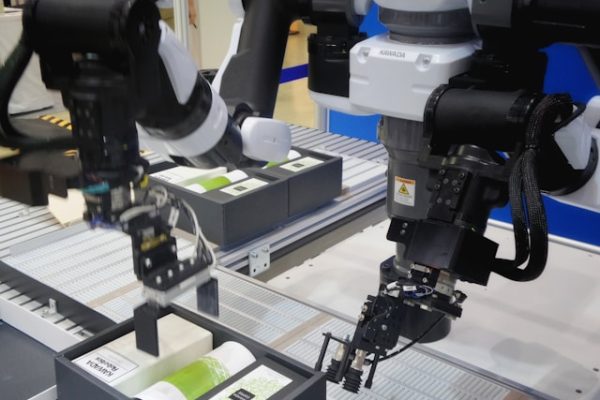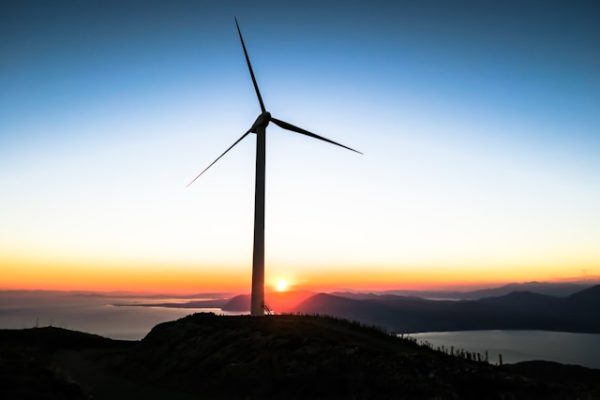
Financing the Future: Building Sustainable Infrastructure Across the EU
In 2025, the European Union is accelerating its efforts to build sustainable infrastructure that aligns…

In 2025, the European Union is accelerating its efforts to build sustainable infrastructure that aligns with both climate goals and economic growth. As the EU continues its journey toward carbon neutrality, infrastructure development plays a central role in achieving these ambitious targets. The EU’s Vision for Sustainable Infrastructure The EU’s commitment to sustainable infrastructure is…

In 2025, the energy transition has reached a critical point. The global shift towards low-carbon energy systems has been met with significant technological innovations and industrial advancements. However, these solutions still face challenges when it comes to scaling. The question is no longer about developing solutions but about implementing them at the scale required to…

The European Union has positioned itself as a global frontrunner in the race toward a low-carbon economy. With rising energy costs, the urgency of climate change, and global competition intensifying, Europe’s ability to balance environmental goals with industrial strength will define its economic future. The Link Between Competitiveness and Climate Goals The shift to a…

Europe is at a critical juncture in its economic transformation. As the world grapples with climate change, the need for cleaner energy and more sustainable industrial practices has never been more urgent. Clean energy and circular innovation are pivotal to Europe’s economic resilience and long-term growth. Clean Energy: Powering Europe’s Economic Future Clean energy is…